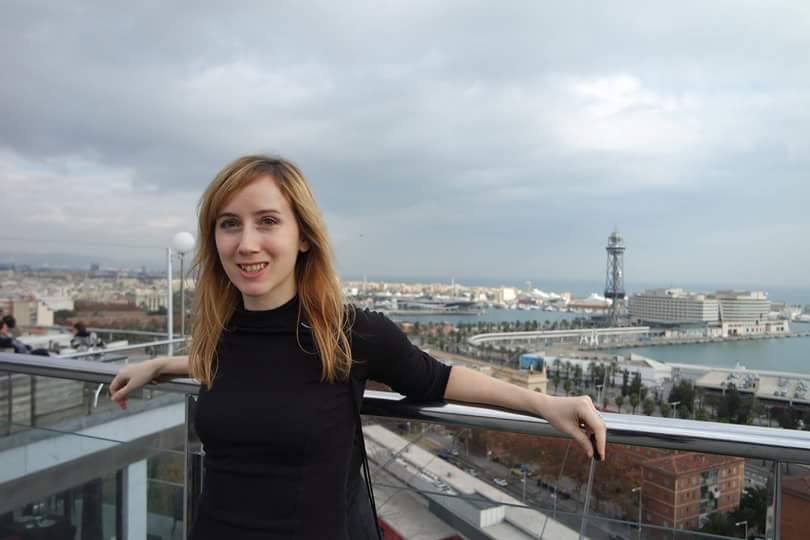Working between and across disciplines for sustainability learning

Research and Policy Manager Liz Cooper reflects on recent seminars and events at the University that focused on interdisciplinary research and teaching in sustainability.
Over the last couple of weeks, there has been a surge of interest in discussing interdisciplinary teaching and research at Edinburgh in the context of sustainability. On 18th March, I attended an event by the EAUC Scotland Higher Education Topic Support Network on Interdisciplinary and Sustainability Teaching, at which several University of Edinburgh academics (amongst others) shared their experiences of both courses and full programmes. On 22nd March I attended a Global Development Academy Perfect Storm seminar on Multidisciplinary Research in Sustainability, at which Jacquetta Lee from the University of Surrey shared experiences from the Centre for Environmental Strategy. On 23rd March, I attended an Interdisciplinary Learning and Teaching Workshop organised by Edinburgh Living Lab, where we heard about the Arts and Sciences Interdisciplinary Undergraduate programme at UCL, as well as from several Edinburgh colleagues.
 There was broad consensus across these events of the benefits of working across disciplines and collaborating with others who have different perspectives and insights – both for improving research and research impact, and for enhancing student learning. We heard how interdisciplinary courses and programmes prepare students for today’s job market, where a range of types of knowledge and skills are often needed for one role. Several speakers highlighted the importance of systems thinking, and the ability to link ideas together. Both events on interdisciplinary teaching highlighted the importance of integration between courses and disciplines, rather than taking a pluridisciplinary approach, leaving students to make sense of the bigger picture by themselves.
There was broad consensus across these events of the benefits of working across disciplines and collaborating with others who have different perspectives and insights – both for improving research and research impact, and for enhancing student learning. We heard how interdisciplinary courses and programmes prepare students for today’s job market, where a range of types of knowledge and skills are often needed for one role. Several speakers highlighted the importance of systems thinking, and the ability to link ideas together. Both events on interdisciplinary teaching highlighted the importance of integration between courses and disciplines, rather than taking a pluridisciplinary approach, leaving students to make sense of the bigger picture by themselves.
However, a number of challenges were highlighted. With regards to teaching, colleagues highlighted issues of lack of senior level buy-in in some areas, timetabling issues, poor communication between Schools, difficulties in defining types of assessment that fit the different disciplines involved, and resource implications. It is noted that funding ‘follows the student’, which can discourage Schools and Programme Directors from promoting courses from outside their School as student options. In terms of research, interdisciplinary work may go against traditional academic culture, where specialisation is rewarded. There can be issues around getting research funding, as Research Councils reflect disciplinary divides. Choices also need to be made in terms of publishing, regarding whether to aim at top, specialised journals, or those focused on interdisciplinary work.
In terms of the SRS Department, we have collaborated on several interdisciplinary courses that were highlighted at these events. We are working with the Case Studies in Sustainable Development MSc level course in Geosciences, where students from different programmes form groups and carry out mini research projects on SRS challenges on campus. Our team provide the problem, background information and contacts, and are able to implement student recommendations where appropriate. We have also worked with the undergraduate course Data, Design and Society, where students have looked at food waste challenges at the University. An undergraduate online course on SRS is also being developed by the Schools of Geosciences and Education, which includes some cases studies of SRS work in the University. We have collaborated with academic colleagues on several interdisciplinary Principals’ Teaching Award Scheme projects, around food sustainability, and around social justice in education. In terms of interdisciplinary research, we facilitate the SRS Academic Network to encourage connections and collaborations, and coordinated an interdisciplinary project on circular economy in 2015. We hope to continue to help our colleagues across the University transition towards further interdisciplinary teaching and research for sustainability.





Recent comments